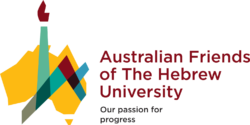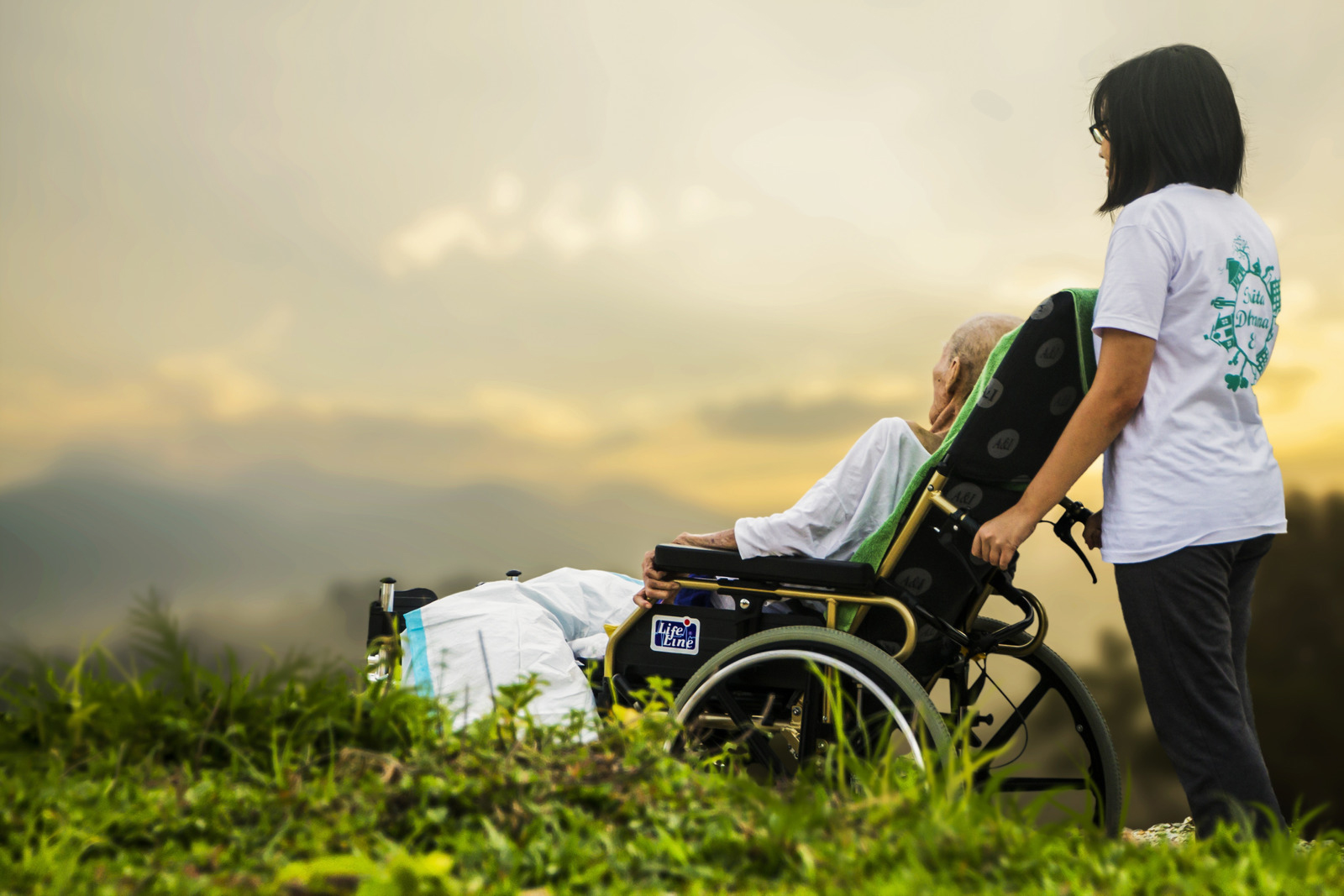Jordan Hannink Attal recently graduated from the International Master of Public Health program. Her graduate research and thesis focused on the mental health of migrant care workers (MCWs) – caregivers, primarily of south-east Asian descent, who work as live-in help for elderly Israelis. Little did she know that her graduate thesis would be the first in a series of studies, as it captured a snapshot of MCW life before the pandemic struck.
Jordan defended her master’s thesis during the first lockdown and began planning her next study almost immediately – Migrant Care Workers’ Psychosocial Status During Israel’s COVID-19 Lockdown, along with coinvestigators Dr. Ido Lurie, MPH and Prof. Yehuda Neumark (her master’s thesis supervisors). Jordan’s study is currently in review, and she is already working on a third study, focused on the post-lockdown period.
Fostering Trust with the MCW Community
There are roughly 70,000 MCWs living and working in Israel today, but it is not an easy community to access. For her master thesis, Jordan worked very hard to build trust within the community, working with a partner organization Kav LaOved, a non-profit that protects the rights of disadvantaged workers across sectors.
MCWs largely come from countries and cultures where the elderly are cared for out of love. The caregivers see and treat their employers as their own family, and outsiders prodding and questioning them are treated with suspicion.
“Sadly, this suspicion runs both ways: during the shutdown, the media warned Israelis to beware of migrant care workers abusing their beloved grandparents – rather than showcasing their care, empathy, and responsibility during these difficult times. In fact, my study showed that these caregivers displayed more self-discipline and adherence to the restrictions than most Israelis.”
Findings: A Cause for Concern
A number of findings emerged from Jordan’s study, pointing to cause for concern, especially as Israel enters its second lockdown this year.
First, the study showed that during the lockdown, MCWs displayed elevated levels of mental distress. According to the World Health Organization, 10% of the population in south-east Asia suffers from mental distress; using this number as a baseline, Jordan was shocked to discover that 40% of MCWs displayed symptoms of depression and anxiety.
Next, the study revealed that 22% of the MCWs lacked food security. There may be many contributing factors, but Jordan highlights one particular aspect of MCWs’ lives that often goes overlooked: when employers keep a strictly kosher home, many MCWs eat out. During lock-down, MCWs may have lacked the language skills, know-how, and perhaps even funds to order in.
Between a Rock and a Hard Place
As noted above, MCWs are protected by Israeli labor laws, but theory rarely meets practice. They are legally mandated to live with their employer, making it challenging, if not outright impossible, to define an 8-hour workday. They are supposed to get a day off (or be paid overtime) but this is left to negotiations between the placement agency, family, and the MCW.
During the lockdown, many families required that the MCW keep their elderly employer inside or demanded the MCW remain home during their time or day off. De facto, this meant that caregivers were denied their time off, leading to a degradation of their mental health. In addition, MCWs who live (illegally) with their employers in assisted living facilities were trapped whenever such facilities declared independent lockdowns.
Policy Recommendations
First, although the Ministry of Health translates Coronavirus guidelines to Tagalong and Hindi, these are poorly distributed and not easily accessible on the Ministry’s website – as a result, most MCWs aren’t even aware of their existence. Needless to say, the dissemination of such critical information would enable MCWs to take necessary precautions and encourage adherence.
In addition, the rules outlining MCWs’ rights, including their work week, time off, and vacations appear online in English alone, presenting a barrier to these workers learning about their rights under the law.
Next, specific Coronavirus guidelines should be formulated for the MCW community, balancing the need to protect their rights while also preventing transmission of the virus.
“Sadly, migrant care workers are an invisible and abused population in Israel today, despite many families heavily relying on their services and devotion.”
Looking forward, Jordan plans to pursue a PhD and continue with research. She’s fostered close ties with Israel’s MCW community and feels responsible to continue bringing the challenges that they face to the fore. Her coinvestigators have presented the study’s findings to a committee within Israel’s largest trade union and various national committees. Kav LaOved remains active in the legal field, using the findings from Jordan’s study to guarantee the protection of this vulnerable population.

